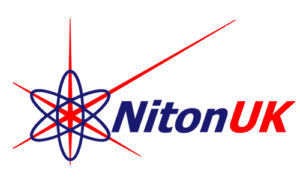What is PMI?
Positive Material Identification (PMI) is the analysis of a metallic alloy to establish composition by reading the quantities by percentage of its constituent elements. Typical methods for PMI include X-ray fluorescence (XRF) and optical emission spectrometry (OES).
Why Use PMI?
The need to use PMI has dramatically grown over the last 10 years to the point where in many refinery’s and Petrochemical plants 100% alloy material verification is now carried out.
If Inspectors are correctly trained to carry out PMI it ensures that the correct material has been used and we therefore have a greater assurance that failure should not occur due the wrong material being used.
Why Does Industry Require This Course?
- Prove operator competence
- Unify PMI procedure
- Provide traceability of results
- To give confidence that the correct material has been used so that any component/structure is fit for purpose
Course Details
Duration – 2 days (1 ½ days training, 1/2 day exam)
- Proper Inspector training is required to ensure that not only can equipment be used correctly but to ensure that meaningful results are collated.
- Training has to be documented and the syllabus open to external audit.
- There has to be evidence available to show that all trainees have understood the training and are now competent to carry out PMI.
- To this end an end of course examination must be successfully passed so that certification can be provided to prove competence.
The first course will be held in Penistone, UK:
25th – 26th April 2016
For more information or to book onto this course contact:
Nicola Dodsley – Email: nicola@lavender-ndt.com or Tel: 01226 765769
This course is in association with Niton UK

